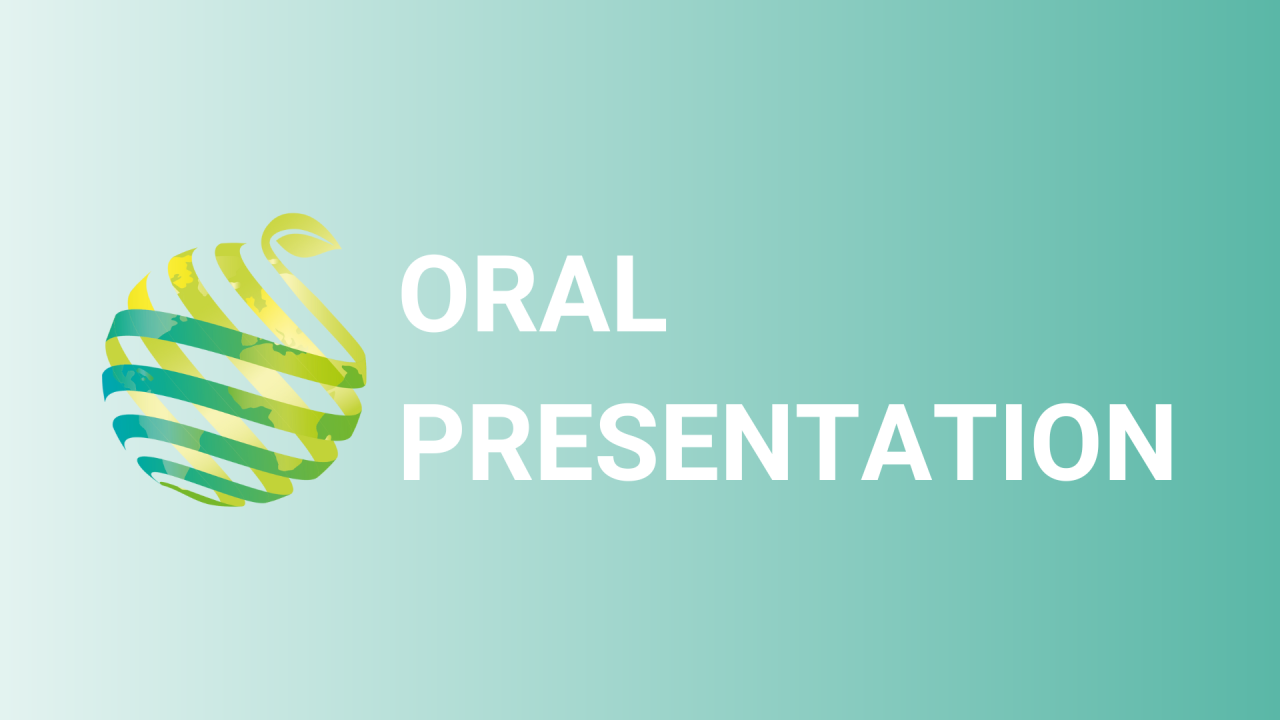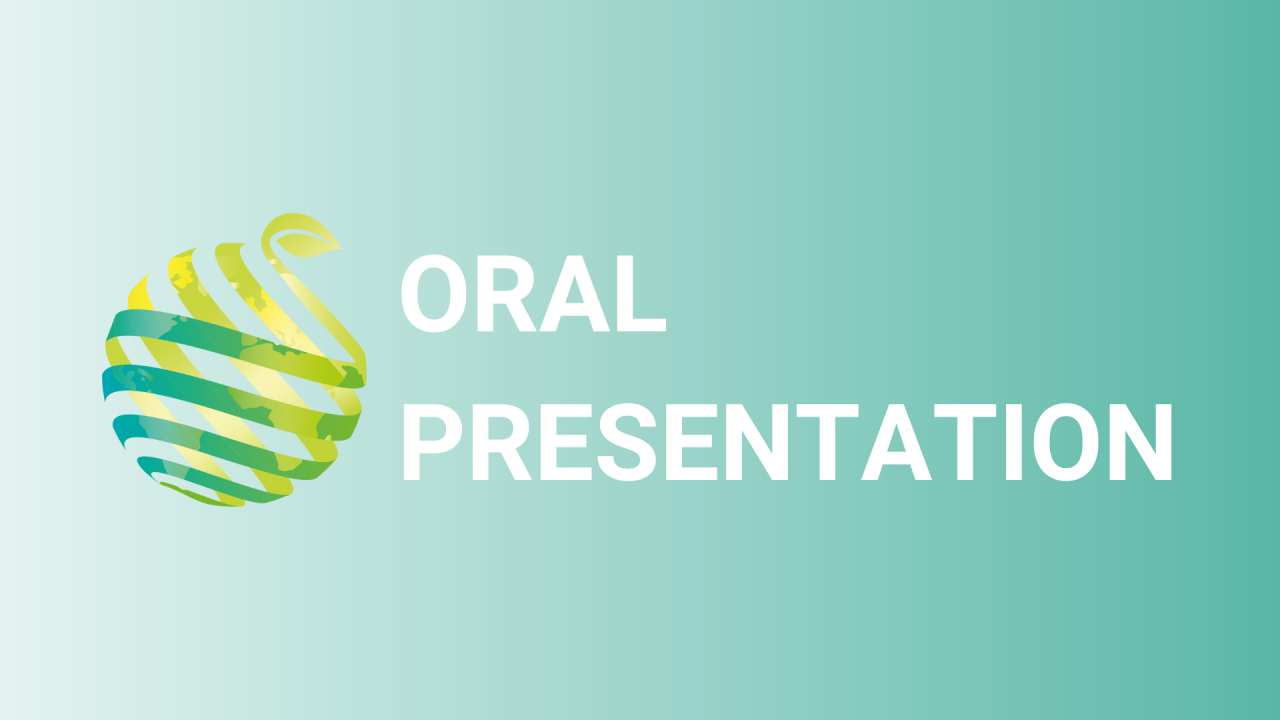

S17 - Session O2 - HRATA : A new sensory methodology for a better aroma characterization : a case study on apple.
Information
Authors: Ronan Symoneaux *, Céline Brasse, Corinne Patron
The sensory characterization of fruits is often confronted with the difficulty of assessing the olfactory and aromatic complexity of the products. Sensory profiles are often limited to visual, gustatory and texture attributes. The odorous component is reduced to large aromatic families without details. This aromatic richness is then lost while it could be valued. An original methodology has been developed to allow the characterization of aromas using aroma wheels. The HRATA (Hierarchical Rate All That Apply) methodology proposes to combine the benefits of methodologies traditionally used in sensory evaluation. It proposes both 1°) a complete characterization of the aromas based on a RATA approach that gives tasters a strong freedom in the evaluation of an exhaustive list of attributes and 2°) a hierarchical presentation of attributes that allows tasters to position more or less accurately (family, category or term) according to their perceptions. Coupled with a computerized user-friendly interface in the form of an interactive aroma wheel, tasters can easily choose and score as many attributes as necessary with different levels of precision if they wish. This original methodology was tested with 8 apple cultivars and based on an aroma wheel containing almost 40 attributes, previously proposed by Mathilde Charles (2013) . 15 tasters characterized each apple twice with the sole instruction to score as many attributes as necessary on the wheel. Several statistical strategies were compared to analyze this original dataset and to improve the data interpretation and presentation. Some technical issues will be also discussed. This methodology is very efficient to access the aromatic profile of apples and could be adapted for other species. This methodology will be very relevant for exploring the relationships between sensory and physico-chemical characteristics or for describing fruits aromatic characteristics. If possible, a short tasting with this methodology will be organized during the presentation.